There are many misperceptions and myths about life coaching. Subsequently, in this article I am going to discuss 7 of the top myths about life coaching!
Before I share some of the myths, let’s make sure we are on the same page about coaching.
What is Coaching?
The International Coach Federation (ICF) refers to coaching as –
“partnering with clients in a thought-provoking and creative process that inspires them to maximize their personal and professional potential.”
Another definition of coaching from Anthony Grant includes –
“A collaborative, solution-focused, results-orientated and systematic process in which the coach facilitates the enhancement of performance, life experience, self-directed learning and the personal growth of people from normal (non-clinical) populations.”
Coaching recognises the client as the expert in their own world (personal and professional) and knows every person is creative, resourceful, and whole.
Basically the coaching process is about identifying where you are now, where you would like to be and then close that gap. The coach does this through –
- discovering, clarifying, and aligning with where the client wants to be,
- encouraging self-discovery and trust within themselves,
- eliciting client-generated solutions and strategies,
- keeping the client accountable and ensuring they are taking responsibility for themselves
- providing support to the client.
Coaching is not –
- a quick-fix, one size fits all approach for your current challenges (as we are all unique),
- therapy or counseling (please seek a licensed medical professional if this is what you need),
- about giving you advice (you are the expert in your own life),
- financial advising or estate planning (again please seek a licensed practitioner if this is what you require).
You can see more about what coaching is and is not in the following video –
Myths About Life Coaching
Myth 1: “Coaches have the answers”
As indicated in the above clip, as the client, you decide what you want to focus on for each coaching session. As your coach, I support you to develop awareness, explore options and make conscious choices so you can make the most of the situation and opportunities that are presented to you.
All human beings are unique, so there is not a one-size-fits-all approach to coaching, so we can cater specifically for your needs. There are options to suit everyone from one-hour sessions to regular monthly coaching. We also cater for groups and organisations.
Myth 2: “Successful people don’t need coaches”
People who are wishing to learn and grow often seek guidance, wisdom and support from experienced coaches. Just like athletes work with coaches, artist work with mentors, students are supported by teachers and writers have editors. In short, coaching helps you have the confidence to show-up as you most authentic you.
Myth 3: “You have to have your whole life mapped out”
Although it is nice to have a plan, quite often you just need to be present with your career and business life and take the next step!
Myth 4: “Coaching is expensive”
What is more expensive “I did” or “I wish I had” at the end of your life?! You can read more about our prices here.
Myth 5: “The coach gives you advice”
As identified above – the coach facilitates the coaching experience and helps unlock your potential. As I have been a professional athlete, if you ask me a question, I will ask you a question back and if you really want me to share my experience, I might choose to (as that then goes more in to mentoring).
Myth 6: “You need to hire a coach for a year”
Hiring a coach full-time can be expensive, so hiring a coach for short-term challenge or goal in your sport can be the most economical way to have coaching. Once you have achieved your goal or completed your project, you can then decide whether you would like to continue coaching or not.
Myth 7: “Anyone can be a life coach”
Maybe that is true for some people, however not for us here at Habits for Wellbeing. After finishing as a Professional Tennis Player, Jane has spent many years learning and has a Diploma in Life Coaching (and Certificate IV). This Diploma backs up her Bachelor of Health and Physical Education (Hons) and Masters in Education. She also has an Advanced Certificate of Nutrition and Health Coaching, EQ Assessor Certification (Six Seconds), Intuitive Eating Professional Certification, Trained Teacher in Mindful Self-Compassion and is a Highly-Sensitive Person (HSP) Knowledgeable Professional.
Jane is also proud to be a Professional Certified Coach with the International Coaching Federation (ICF) the leading global organisation dedicated to advancing the coaching profession by setting high standards, providing independent certification and building a worldwide network of trained coaching professionals.
Over to You…
I hope this post has given you some insight in to the myths about life coaching. If you are ready to reclaim your courage and take the next step towards freedom and opening your heart, why not join our Toolkit?
Reference –
Grant, A. M. (2001). Towards a psychology of coaching: The impact of coaching on metacognition, mental health and goal attainment. Unpublished doctoral dissertation, Macquarie University, Sydney, Australia.
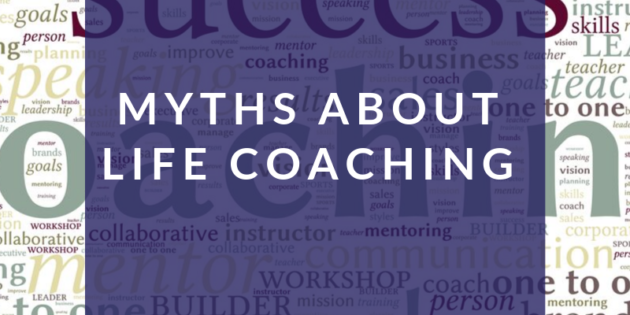




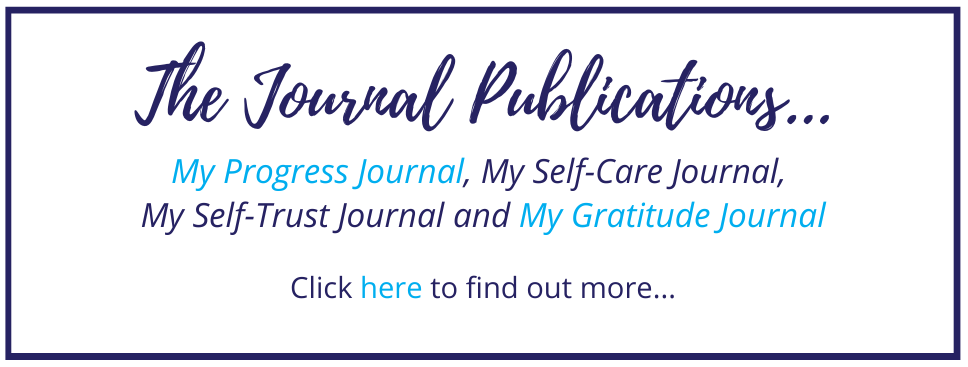

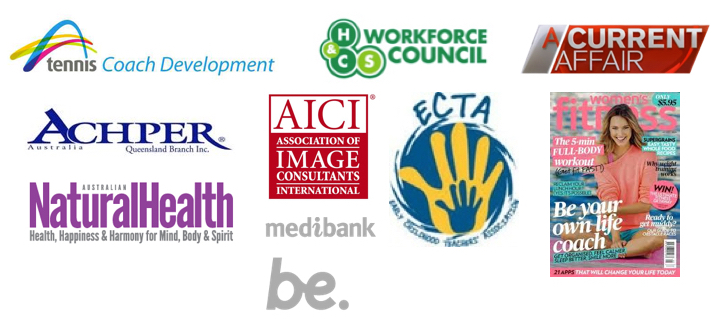
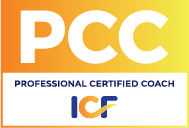
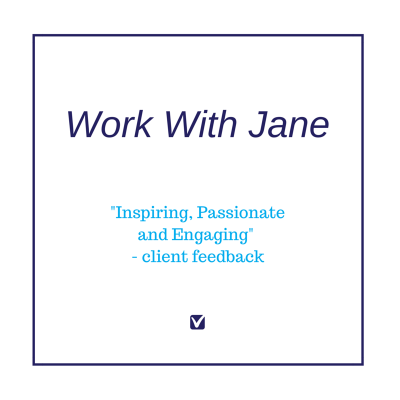





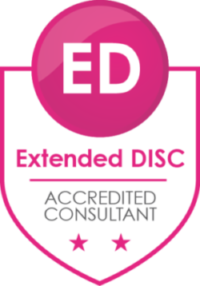

Leave A Response